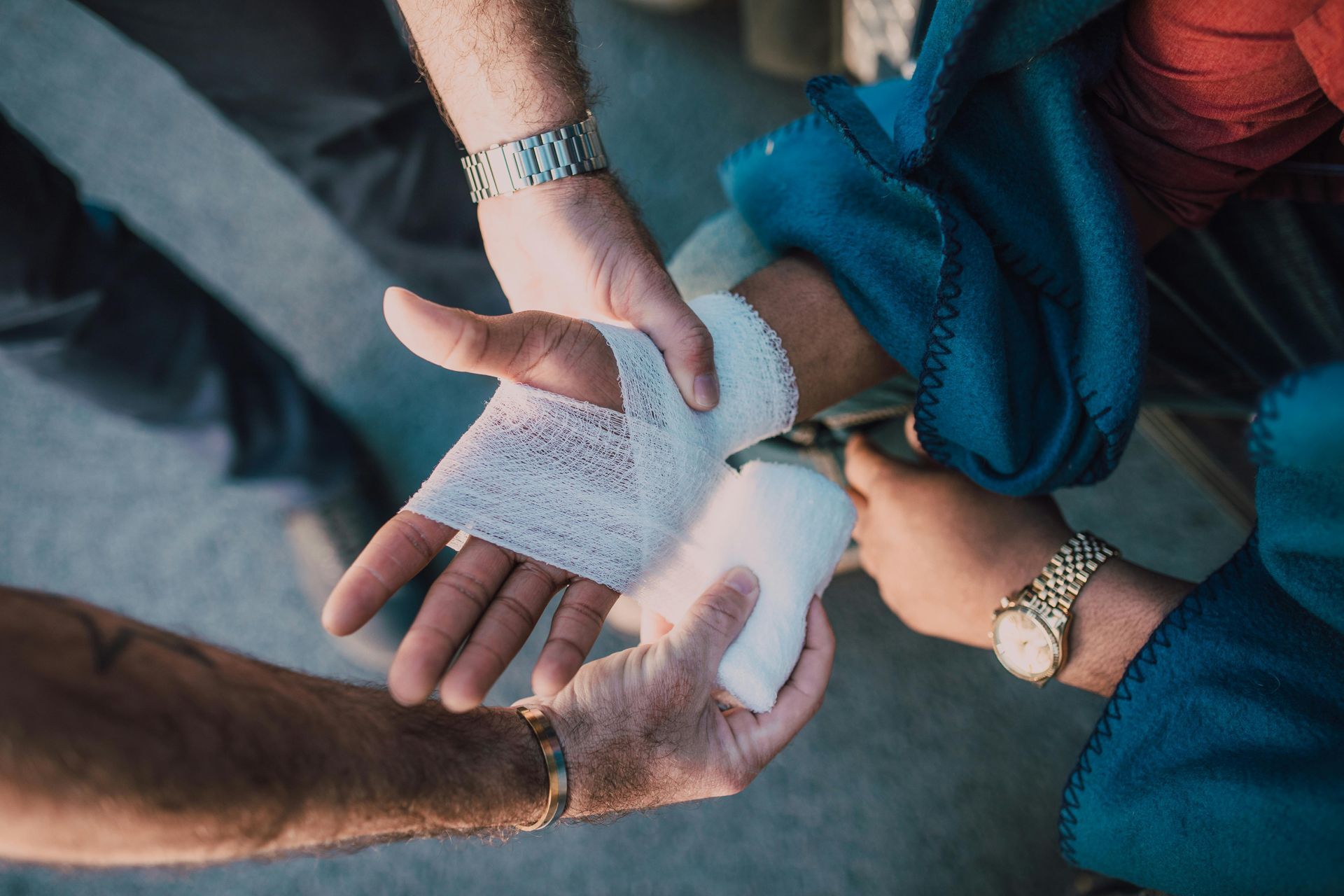How to Create a Culture of Safety With On Site Staff Training
Why Safety Culture Matters
A safe workplace is not built on policies alone. True safety comes from a culture where every employee understands their role in protecting themselves and others. In Ireland, businesses across all sectors face risks ranging from manual handling injuries to medical emergencies. When staff are confident and prepared, accidents become less likely and responses to incidents are far more effective. On site training plays a crucial role in embedding this culture, turning safety into part of daily working life rather than a box-ticking exercise.
Making Training Practical and Relevant
One of the strongest benefits of on site training is that it takes place in the real environment where staff work every day. This allows the training to be adapted to the specific risks of the workplace, whether that means dealing with heavy lifting in a warehouse, providing first aid in an office, or using patient handling equipment in a healthcare facility. Practical, hands-on training delivered in familiar surroundings makes safety lessons stick and helps employees apply them immediately.
Encouraging Staff Engagement
Safety culture depends on staff engagement, and on site training encourages participation by making the learning process more relevant and less disruptive. Instead of travelling off site, staff can complete their training within their usual work setting, often as part of their shift. This reduces downtime while giving employees the chance to ask questions about their actual day-to-day tasks. When staff feel involved, they are more likely to take ownership of safety practices and pass that confidence on to others.
Building Teamwork Through Training
On site training also strengthens teamwork. When groups of employees are trained together, they learn not only individual skills but also how to support each other in emergencies. Whether responding to a first aid incident, carrying out manual handling tasks, or managing fire safety, coordinated responses are always more effective. Training together creates a sense of shared responsibility that builds a stronger safety culture across the organisation.
Linking Training to Compliance and Morale
Irish employers have a legal duty to provide training such as First Aid Response, manual handling, fire safety and patient handling. Meeting these requirements through on site training ensures compliance, but the benefits go further. Staff who feel protected by proper training also feel valued by their employer. This improves morale, reduces staff turnover and creates a positive reputation for the business as a responsible and caring workplace.
Long-Term Impact of On Site Training
Creating a culture of safety is not achieved in a single session. It requires regular refresher training and a commitment to continuous improvement. By scheduling on site courses every year or every two years, depending on the subject, businesses reinforce safety knowledge and keep skills sharp. Over time, this consistency builds habits that reduce accidents, lower costs and make safety part of the company’s identity.
Conclusion: Safety as Everyday Practice
On site staff training is one of the most effective ways to build a culture of safety in the workplace. It combines legal compliance with practical benefits, improves teamwork and morale, and makes safety a natural part of daily routines. By investing in on site training, Irish businesses create safer environments for both staff and customers while strengthening their long-term resilience.
Book On Site Training with Handle with Care
Handle with Care delivers certified on site training in First Aid, CPR, AED, manual handling, fire safety and patient handling across Ireland. Our courses are tailored to your workplace, helping you meet legal requirements and embed a true culture of safety among your staff.




